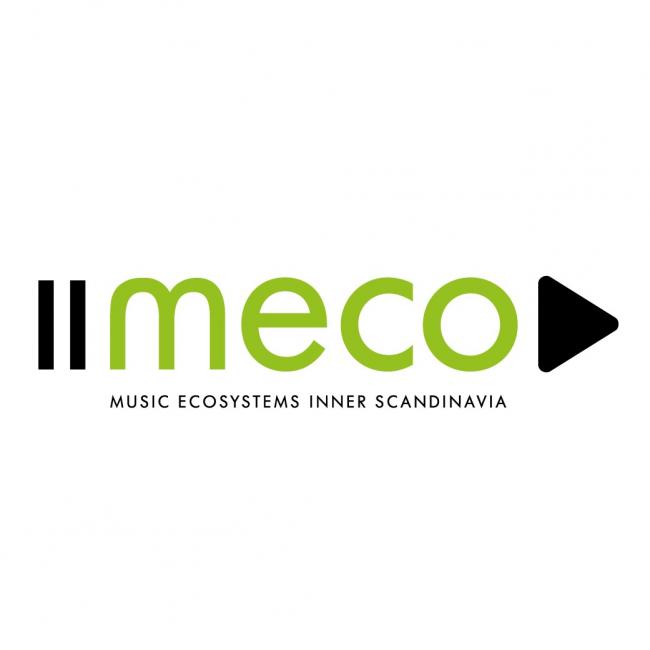Music Ecosystems Inner Scandinavia
Music Ecosystems Inner Scandinavia (EU/Interreg Sweden-Norway, 2018-21) is a cross-disciplinary, collaborative research project that wants to understand how digital technology, in relation to other societal trends and social structures, configures music usage and experiences. How do different user groups, with varying social demographic backgrounds, navigate in the new digital musical landscape? To what extent do different user groups “master” trans- and geomedial music experiences? What user groups are excluded when the music experiences are made increasingly complex? Critical questions regarding the abilities of different social groups to use and experience music become particularly relevant in a media landscape that is built around the notion of the “active user”.

Digitalization is one of several structuring forces that affects how people today experience music. Contemporary music experiences are to a high degree transmedial, in the sense that they are produced, distributed and consumed across several different media platforms. Transmedial marketing is an increasingly common strategy among music companies wanting to “engage” the user in value creating processes. A transmedial music experience might start with streamed music through Spotify, continue with images on Instagram, deepen through music videos on Youtube, and culminate as a physical visit to a live concert on a local pub.
Furthermore, today’s music experiences are also increasingly geomedial. The music industry benefits more and more from place-based technology – so called geomedia – in their efforts to build enhanced music experiences and places. For instance, a GPS-enabled mobile phone application might guide the user to a “secret” release party or enable users to listen to a certain song only if they visit a certain location. When streaming music through Spotify, to take another example, users might be alerted about “concerts near you”. Music companies, social media platforms, and other commercial actors capitalize on user mobility and user data produced through trans- and geomedial experiences. At the same time, users – when using the technology “correctly” – become co-producers of immersive music experiences.
By studying different user groups’ abilities to experience music through new digital platforms and in digitally augmented places, MECO will contribute important perspectives on user experiences in the era of trans- and geomediatization. Ultimately, these perspectives might support more inclusive music scenes.
Project funders: Interreg Sverige-Norge, Europeiska Unionen, Karlstads universitet, Høgskolen i Innlandet, Studiefrämjandet, Arvika Kommun, Region Värmland, Hedmark Fylkeskommune.

